Jennifer Lawrence is sharing why she felt compelled to produce the Taliban-focused documentary Bread and Roses, despite her family encouraging her not to get involved with the film.
The doc, which starts streaming Friday on Apple TV+, follows Afghanistan’s women’s experiences under the Taliban since they took control of Kabul in August 2021. Sahra Mani, who directed the film, recently said on CBS Mornings that the Taliban rule has been so severe on Afghan women that they can’t go to work, sing, play music, go to a restaurant, buy food or walk the street without a chaperone.
“My first reaction when watching that [Taliban takeover] was to do what the Taliban did not want us to do, which was to give access and facilities to the people on the ground to capture what was happening on the ground in real-time,” Lawrence said of her decision to be a part of the doc, later adding, “I can’t imagine not being able to take a taxi or not being able to listen to music. I can’t imagine if just the sound of my voice was illegal.”
The Oscar winner said her “family and friends definitely encouraged me not to [produce the film],” given the subject matter. “It’s dangerous. Of course it is,” she continued. “But there’s 20 million women whose lives are in danger.”
The No Hard Feelings actress has also had to battle trolls who claimi she’s not educated enough to talk about politics or the heavy subject matter of the Taliban.
“[Trolls] always say different things,” Lawrence explained. “I did a 60 Minutes interview where I explained that I dropped out of middle school, so I’m technically not educated. So I think a common one especially with this subject is ‘why is someone without an education trying to talk about politics?’ To that I say it’s not political, it’s people’s lives.”
She continued, “It’s political in the sense that you should push your congresspeople and you should get involved to make our government more accountable. Then the UN can recognize gender apartheid. But I don’t find it political. Also, I am educated in filmmaking. I’m educated in telling stories.”
![Gwen Stefani Lights Up the Today Show with Citi Concert Series Performance [11-14-2024]](https://celebmafia.com/wp-content/uploads/2024/11/gwen-stefani-lights-up-the-today-show-with-citi-concert-series-performance-11-14-2024-6_thumbnail.jpg)
![Gwen Stefani Unveils Fresh Look During Exclusive Brooklyn Performance [11-17-2024]](https://celebmafia.com/wp-content/uploads/2024/11/gwen-stefani-unveils-fresh-look-during-exclusive-brooklyn-performance-11-17-2024-11_thumbnail.jpg)
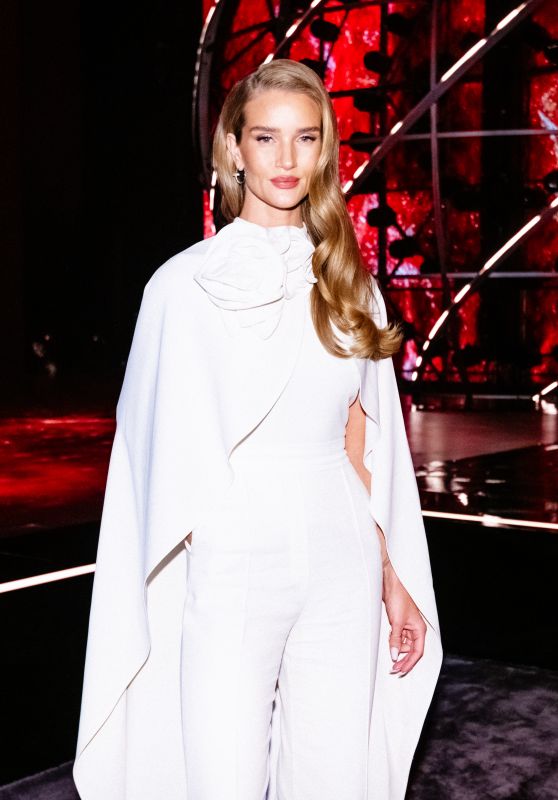
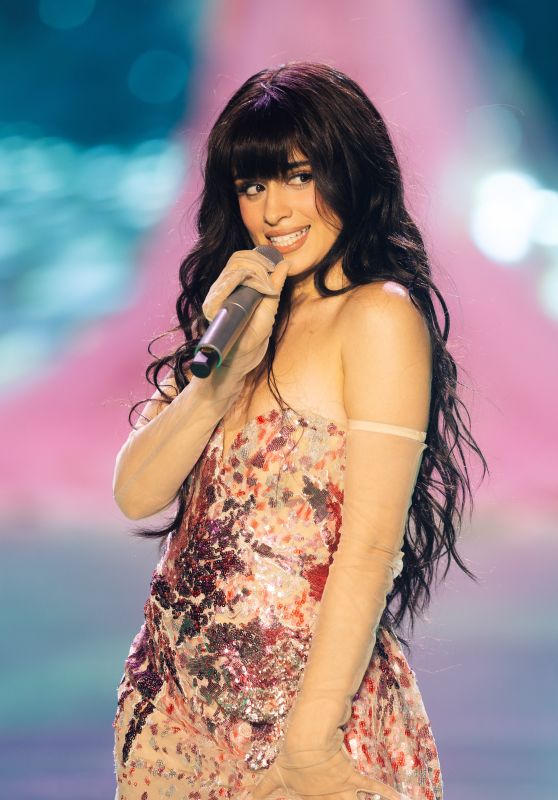
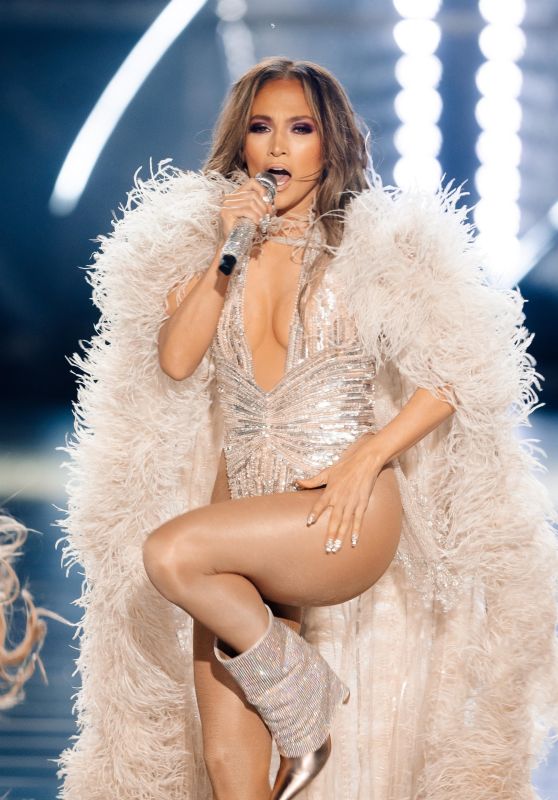
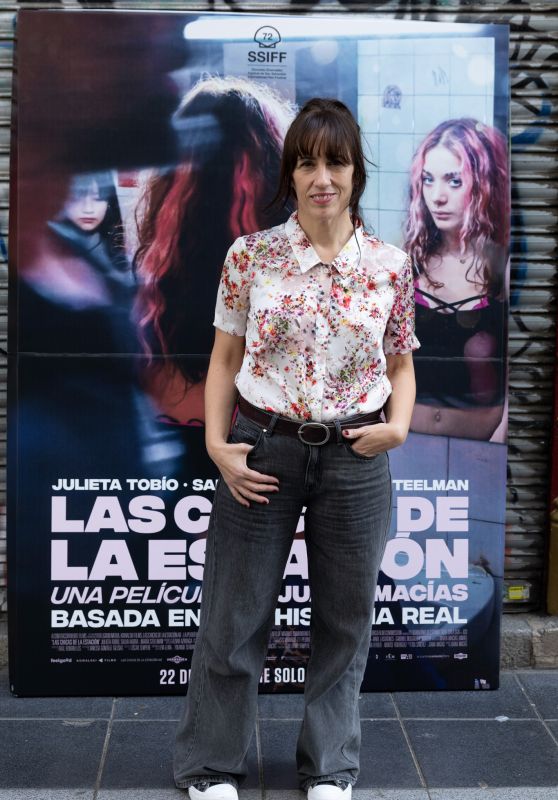
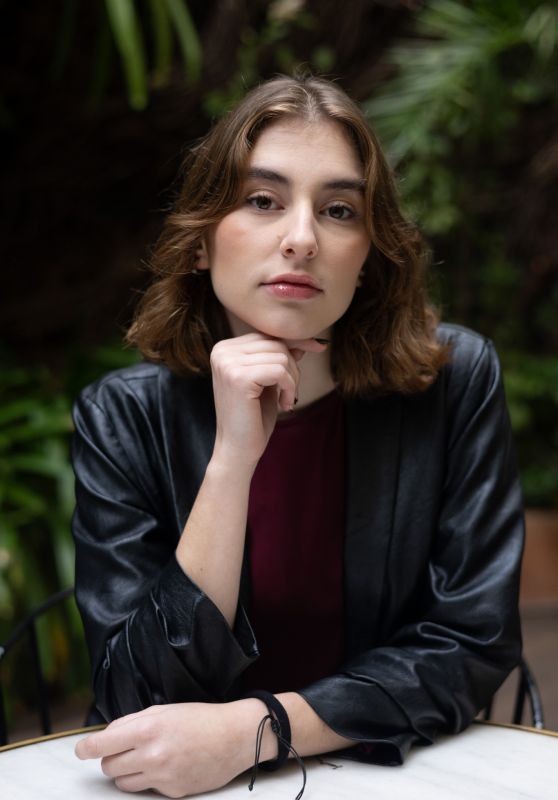
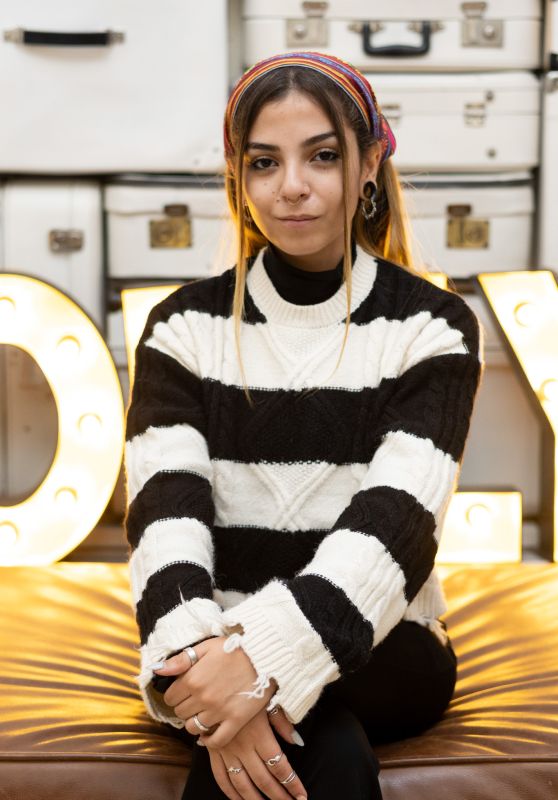
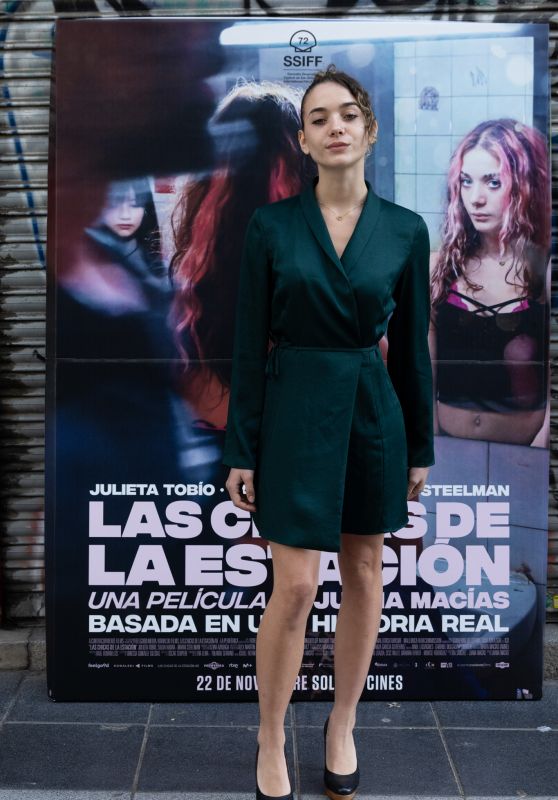











 English (US) ·
English (US) ·